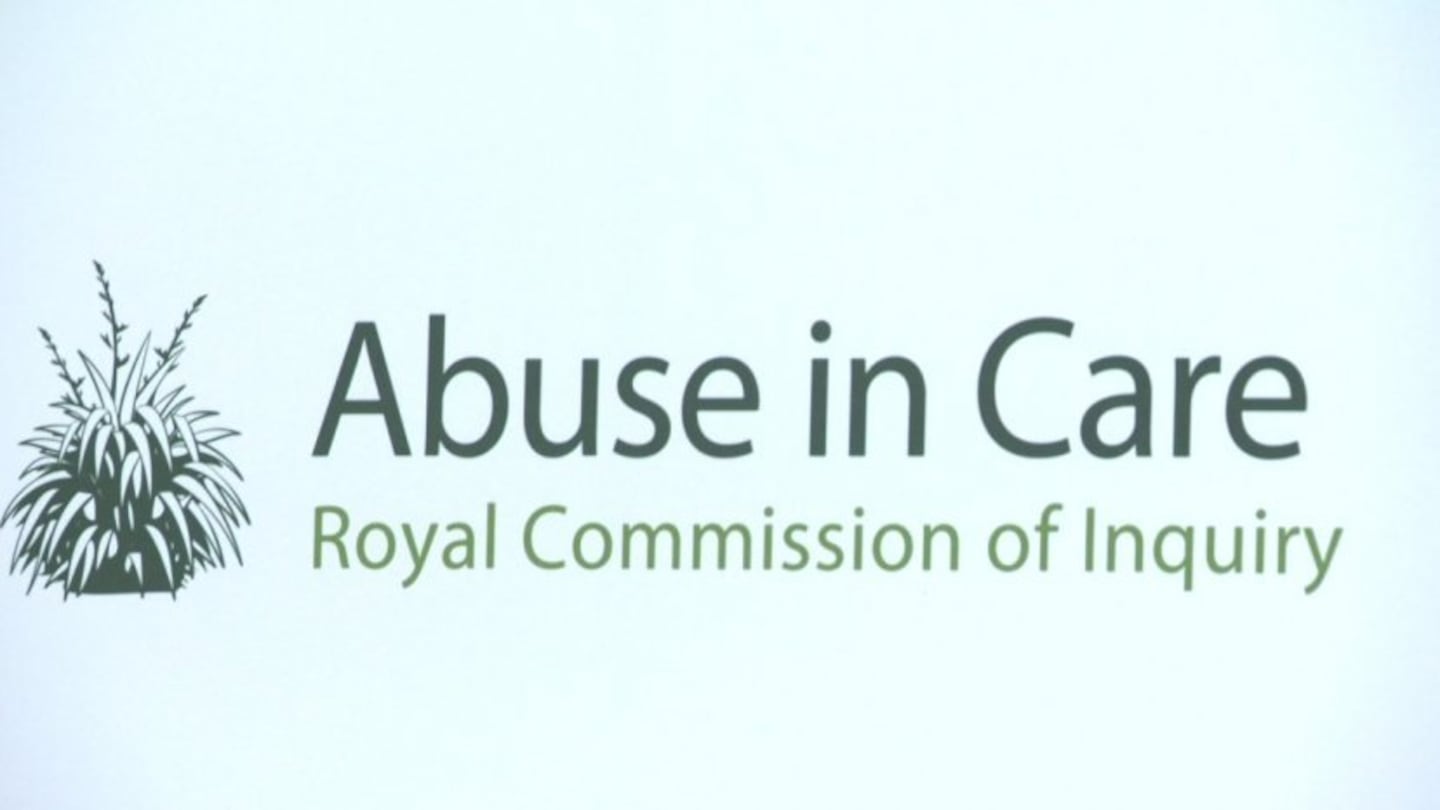Survivors of state abuse say they are underwhelmed by evidence given to the Abuse in Care Royal Commission of Inquiry by state agencies.
They say there is a failure by agencies tasked with looking after children to listen to those who have experienced state abuse.
Survivors say agencies like Oranga Tamariki must learn from mistakes in the past to protect children better.
The royal commission is investigating the abuse of children, young people, and vulnerable adults within state and faith-based institutions in Aotearoa New Zealand between 1950-1999. We can also learn from the experiences of survivors who have been in care after 1999. The commission will deliver its final report in June 2023.
Toni Jarvis has been at the hearings in Auckland. He is a survivor of state abuse and was the last known child adopted under the Māori Land Court Act.
He says it is important that agencies like Oranga Tamariki listen to them.
Evidence is presented by Oranga Tamariki.
"If we can get that lived experience at the table, side by side, not down there but at the table, then we create a true platform of understanding and insights that can actually effectively work towards creating a better future."
Careful admission
Chappie Te Kani, the acting chief executive of Oranga Tamariki, has been giving evidence at the inquiry. For his part, he has been very open about past failings of state agencies to protect children and vulnerable young people, saying he understands the critical importance survivors have in helping agencies do better. He also says he understands he has a responsibility as chief executive.
"While being in care might be very different to what it was 50 or even 20 or five years ago, we still have a long way to go to transform the system, that is worthy of you. As the chief executive of Oranga Tamariki, I am responsible for making this happen."
"We will ensure that your experiences of suffering and trauma inform our policies, procedures, and practices in everything we do."
But Jarvis also says Oranga Tamariki is careful of what it is actually admitting to.
"Although it's accepting a lot of things, it still cuts its line of protection for itself, lest it step over to accepting full responsibility that could lead to a financial outcome against it."

